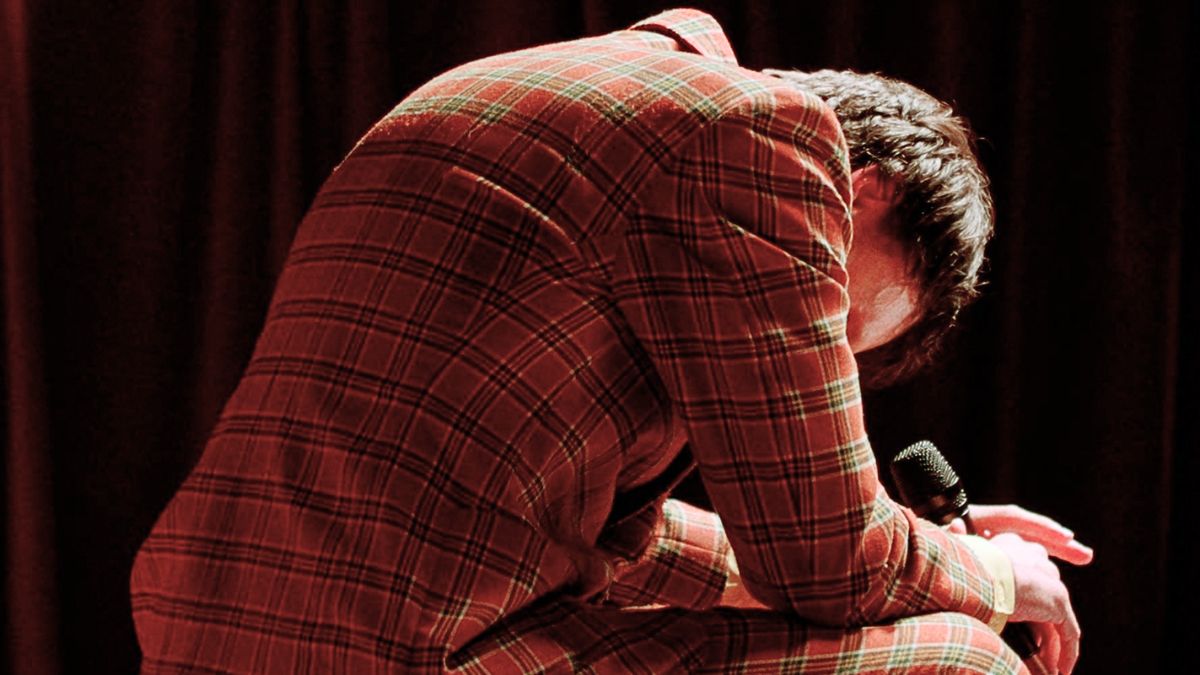It’s every storyteller’s dream to have their story take off on a scale they never imagined. Earlier this year, Richard Gadd was living that very dream after Baby Reindeer soared to the top of everyone’s mind, heart, and tear ducts when it debuted on Netflix in April.
But while it may be true that Baby Reindeer earned every bit of praise that it got, recent revelations about the show’s dodgy marketing — much of which makes up the bulk of Fiona Harvey’s ongoing lawsuit against Netflix — may have just transformed Gadd’s dream into a reputational nightmare.
Per Deadline, it was revealed that Netflix supplied the British Parliament’s Culture, Media, and Sport Committee with a letter following then-member John Nicolson’s demand to provide evidence of a stalking conviction against Fiona Harvey. The letter acknowledged that the extent of Harvey’s ramifications was a court order; she was never actually convicted of stalking. Benjamin King, Netflix’s senior director of public policy in the U.K., stressed that identifying the real person who inspired Jessica Gunning’s Martha character was never something Netflix endorsed or attempted.
Baby Reindeer, it must be noted, was billed as “an extraordinary true story… of the horrific abuse that the writer and protagonist Richard Gadd suffered at the hands of a convicted stalker” by King back in May.
Regardless of whatever impact Harvey’s actions did have on Gadd (and by all appearances, it wasn’t a minor one), this revelation could prove to be a game-changer in the realm of Harvey’s lawsuit against Netflix. It may still be the case that the Baby Reindeer brain trust took measures to protect the real-life identities of all the characters involved sans Gadd himself, but Netflix’s insistence on the “true story” label could end up lending at least a bit of weight to Harvey’s legal endeavor.
The crux of Netflix’s motion to strike Harvey’s lawsuit, however, was never the boldness of its marketing, but of Harvey’s inability to identify malicious intent from Baby Reindeer. A memorandum written by Latham & Watkins attorneys, who Netflix hired for the ordeal, suggests that, in addition to the absence of marked reputational harm resulting from Baby Reindeer specifically, the show never made a provably false statement of fact about her, and she thus has no real leg to stand on with the defamation angle.
Moreover, between Netflix, the amateur detectives who took it upon themselves to figure out who Martha was despite Gadd’s pleas against such action, and Harvey herself, the fault of Harvey’s identification as Martha arguably rests with Netflix least of all.
In any case, time will tell what ends up happening on the legal side of things, if anything does actually happen, but this letter is almost certainly going to change the public discourse about the Baby Reindeer saga in a big way. And given how special Baby Reindeer was as a story, that’s incredibly disappointing.
That said, if your interests lie with watching a fantastic story rather than engaging with gonzo drama, the entirety of Baby Reindeer is available to stream on Netflix.
